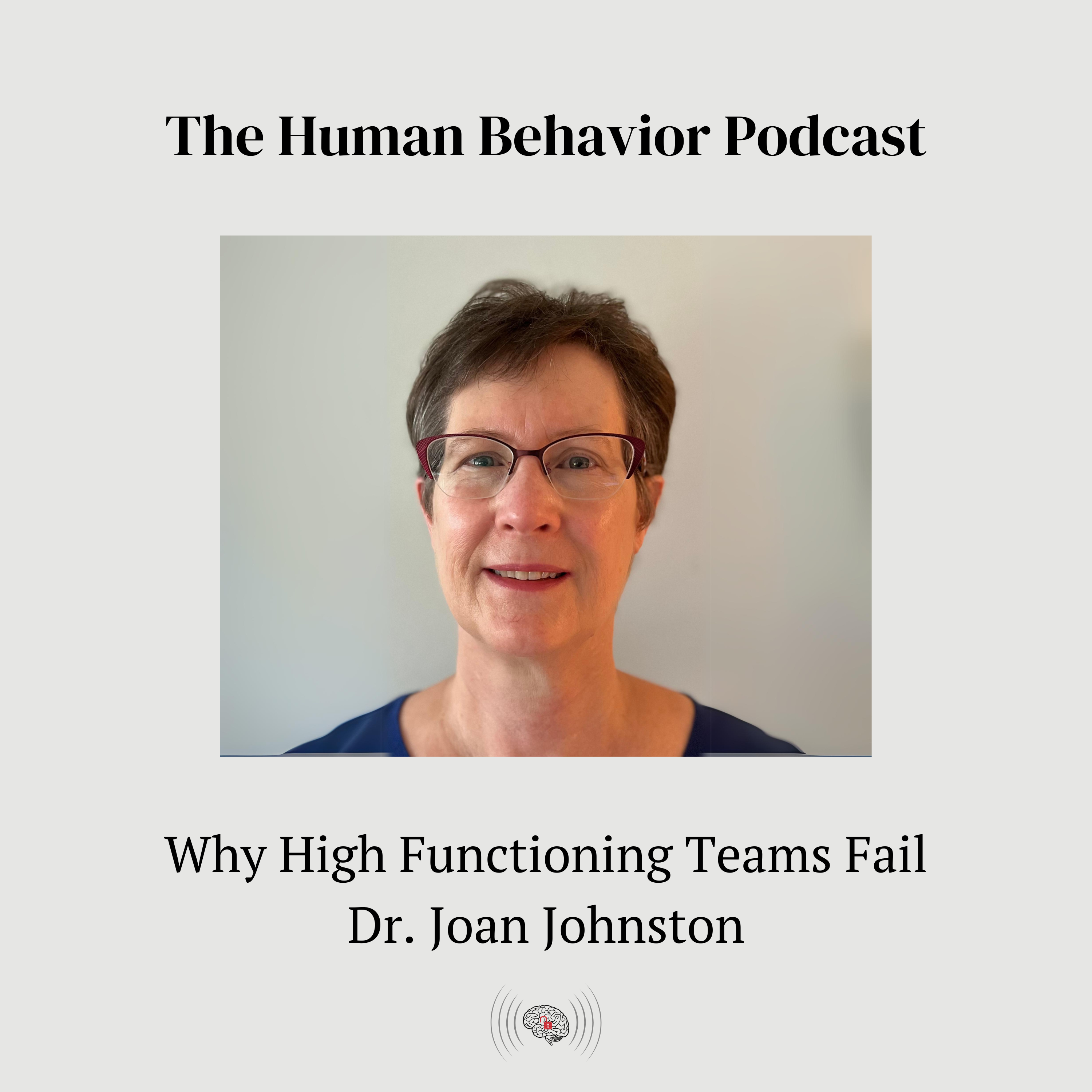In the latest episode of the Human Behavior Podcast, we had an incredible conversation with Dr. Joan Johnston, a seasoned expert with over thirty years of experience in the Department of Defense. This episode is packed with eye-opening insights into how even the best teams can struggle when faced with intense pressure during critical situations.
One of the standout moments was our discussion about the USS Vincennes incident—a heartbreaking event where a US Navy guided missile destroyer mistakenly shot down an Iranian passenger plane. Dr. Johnston broke down the human factors and critical mistakes that were made due to stress and communication failures. It was a powerful reminder of how fragile decision-making can be in extreme conditions.
We took a trip back to the 1990s to highlight the pioneering research by human factor scientists like Dr. Jane Cannon Bowers and Dr. Eduardo Salas. These researchers were focused on improving military decision-making under pressure, laying the foundation for many of the strategies we talk about today. Dr. Johnston explained how cognitive biases, such as confirmation bias, can distort team dynamics and hinder communication, often leading to poor decisions. She passionately highlighted the importance of critical thinking and assertive communication as ways to counter these biases, ensuring that teams stay strong and effective in today’s complex environments.
As our conversation continued, we explored the importance of effective training in high-stakes settings. We discussed the role of after-action reviews (AARs) and how teamwork can drive continuous improvement. Dr. Johnston’s enthusiasm was infectious as she talked about the value of learning from mistakes and fostering a culture of collaboration and growth. This is especially important for professionals in high-pressure fields like aviation and law enforcement, where making quick yet informed decisions is crucial.
Dr. Johnston also gave us a deep understanding of how stress affects decision-making. She described stress as a mix of information overload, time pressure, and high-performance demands, all of which can heavily impact teamwork and cognitive load. Her insights into human behavior under stress were both enlightening and practical, emphasizing the need for clear communication and experience to handle these challenges effectively. Hearing her share stories from her impressive career made the discussion even more relatable and impactful.
We didn’t shy away from addressing the ongoing issue of cognitive biases in team decision-making. Dr. Johnston pointed out how limited information processing and environmental distractions can lead to serious errors, like missing critical information or making wrong assumptions. She stressed the importance of encouraging critical thinking within teams and promoting open communication. By fostering an environment where team members freely share their perspectives, the best possible decisions can be made and effectively communicated up the chain of command.
Towards the end of our chat, we focused on the importance of structured after-action reviews (AARs) in boosting team performance, especially in high-pressure situations. Dr. Johnston discussed the four key aspects of effective teamwork: information exchange, supportive behavior, communication, and leadership initiative. She advocated for teams to use these reviews to identify and address underlying organizational, policy, and communication issues instead of just assigning blame. This approach helps create a culture of openness and continuous learning, turning potential failures into valuable learning experiences.
In summary, this episode of the Human Behavior Podcast was a fascinating exploration of the complexities involved in making decisions under stress. Dr. Joan Johnston’s expertise and engaging stories provided a deep understanding of the human factors that impact team dynamics in high-pressure scenarios. Whether you’re a leader looking to boost your team’s performance or someone interested in the intricacies of decision-making, this episode is filled with valuable knowledge and practical strategies to help navigate the challenges of today’s demanding environments.
Checkout our Patreon page for more insights on the episode!
https://www.ahrq.gov/teamstepps-program/index.htmlhttps://www.frontiersin.org/journals/psychology/articles/10.3389/fpsyg.2019.01480/full

Comments are closed